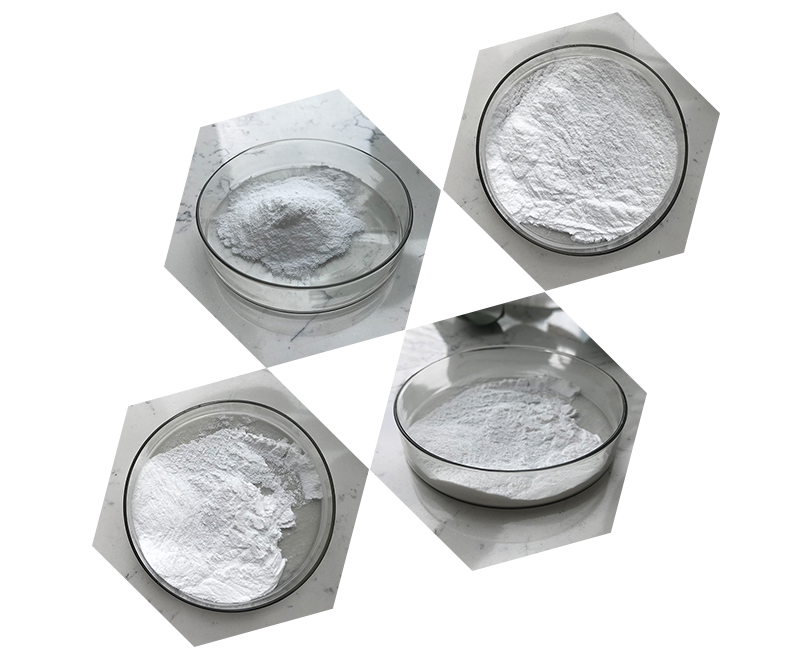Advantame is an artificial sweetener and flavor enhancer, derived from aspartame and vanillin. It is used in various food and beverage products due to its intense sweetness and favorable safety profile. Here’s a comprehensive study of Advantame, covering its chemical properties, safety, regulatory status, usage, benefits, and potential drawbacks.
Chemical Properties
1.Chemical Structure:
Advantame (chemical formula: C24H30N2O7) is a derivative of aspartame with an additional vanillin component. Its full chemical name is N-[N-(3-(3-hydroxy-4-methoxyphenyl)propyl)-L-α-aspartyl]-L-phenylalanine 1-methyl ester.
2.Sweetness:
Advantame is approximately 20,000 times sweeter than sucrose (table sugar) and significantly sweeter than aspartame, making it one of the most potent sweeteners available.
Safety and Toxicological Profile
1.Metabolism:
Advantame is broken down into its constituent components, including aspartame, vanillin, and common amino acids, which are then metabolized and excreted by the body.
2.Safety Studies:
Numerous studies have evaluated Advantame’s safety, including acute, subchronic, and chronic toxicity studies, reproductive and developmental toxicity studies, and carcinogenicity studies. These studies have found no significant adverse effects associated with Advantame consumption at expected levels.
3.Acceptable Daily Intake (ADI):
The ADI for Advantame has been established at 0 to 32.8 mg/kg body weight per day by regulatory authorities.

Regulatory Status
1.Approval:
Advantame has been approved for use as a food additive by several regulatory bodies worldwide, including the U.S. Food and Drug Administration (FDA), the European Food Safety Authority (EFSA), and authorities in Japan and Australia/New Zealand.
Usage and Applications
1.Food and Beverage Industry:
Advantame is used in a wide range of products, including beverages, dairy products, desserts, chewing gum, confectionery, and baked goods. Its high sweetness intensity allows for significant sugar reduction in these products without compromising taste.
2.Flavor Enhancement:
Beyond its sweetening properties, Advantame can also enhance certain flavors, making it useful in various formulations to improve overall taste profiles.
Benefits
1.Calorie Reduction:
Advantame provides a sweet taste without the calories associated with sugar, helping in calorie reduction and weight management efforts.
2.Dental Health:
Like other non-nutritive sweeteners, Advantame does not contribute to tooth decay, making it a tooth-friendly alternative to sugar.
3.Stability:
Advantame is stable under a wide range of temperatures and pH conditions, making it suitable for use in many different types of food and beverage products, including those that require heat processing.

Potential Drawbacks
1.Phenylketonuria (PKU) Concerns:
Since Advantame is derived from aspartame, it contains phenylalanine. Individuals with PKU, a genetic disorder, must limit their intake of phenylalanine.
2.Sensitivity:
Some individuals may be sensitive to aspartame and, by extension, to Advantame, experiencing headaches or other adverse reactions, although such cases are rare.
3.Regulatory and Public Perception:
Despite extensive safety evaluations, some consumers remain skeptical of artificial sweeteners, including Advantame, preferring natural alternatives.
Conclusion
Advantame is a highly potent artificial sweetener that offers significant benefits in terms of calorie reduction, flavor enhancement, and stability across various food and beverage applications. Extensive safety studies and regulatory approvals support its use, though considerations for individuals with PKU and those sensitive to artificial sweeteners should be taken into account. As part of a broader strategy for reducing sugar intake, Advantame represents a valuable tool for food manufacturers and consumers aiming for healthier dietary choices.
